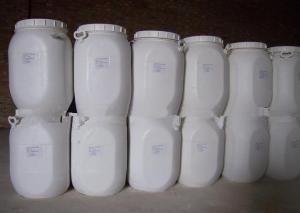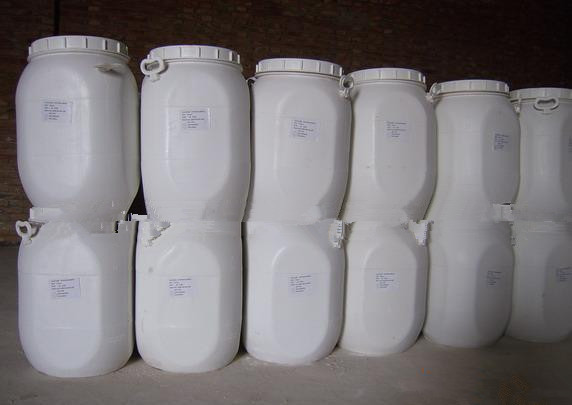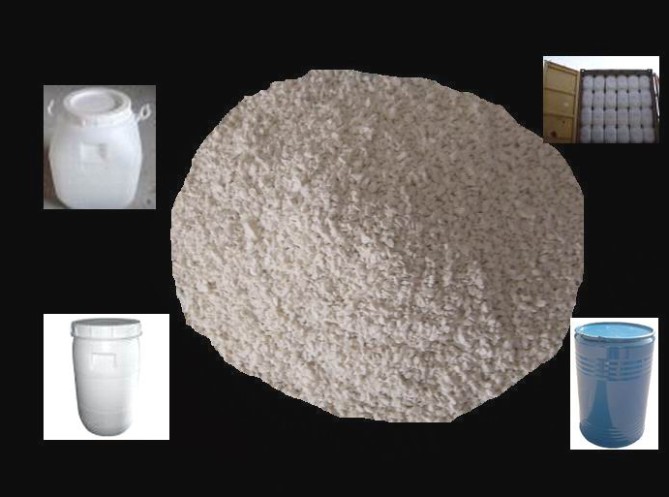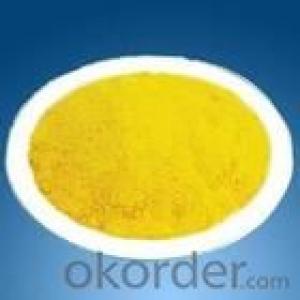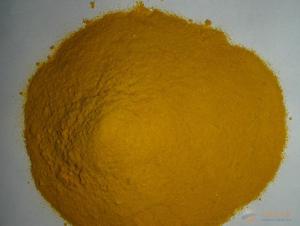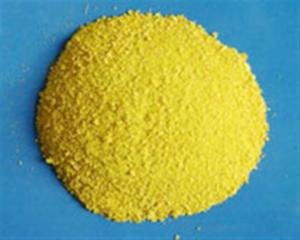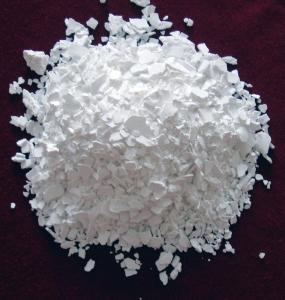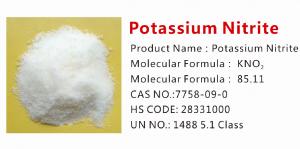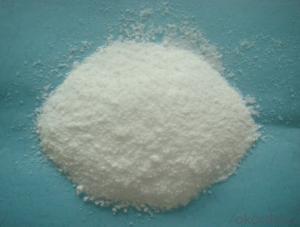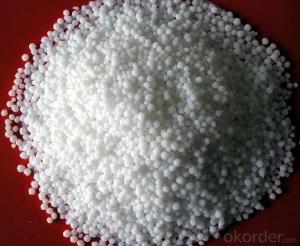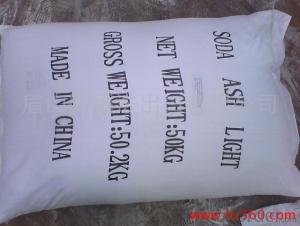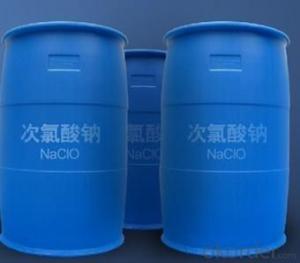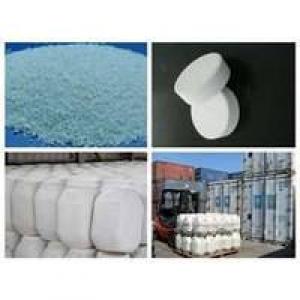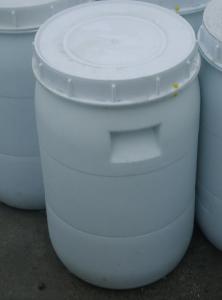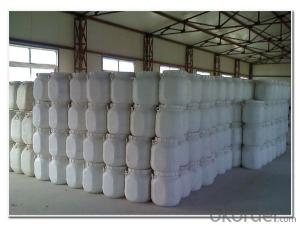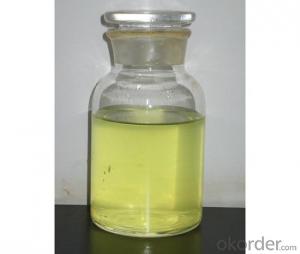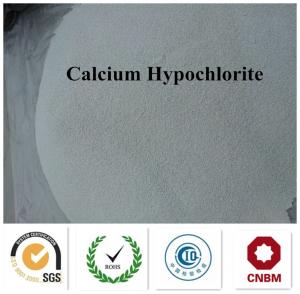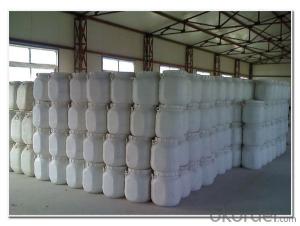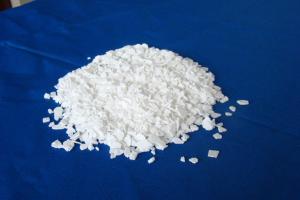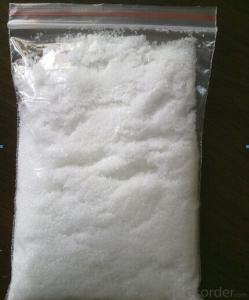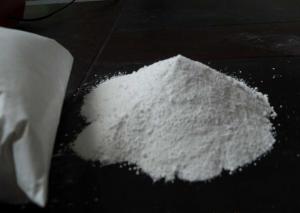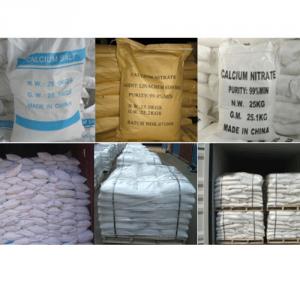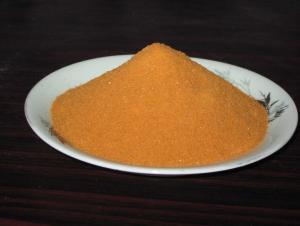Calcium Hypochlorite Calcium and Sodium process
- Loading Port:
- Tianjin
- Payment Terms:
- TT OR LC
- Min Order Qty:
- 25 m.t.
- Supply Capability:
- 2000 m.t./month
OKorder Service Pledge
OKorder Financial Service
You Might Also Like
Calcium Hypochlorite
Introduction:
CNBM GROUP is the biggest water Treatment Factory in China. Our Product include: Calcium Hypochlorite, TCCA, SDIC, PAC, Sodium Sulphite, Sodium Thiosulfate etc.
CNBM One year can produce 18,000MT Calcium Hypochlorite with two model, one is 65% and one is 70%. More important we have 3 advantages, Firstly: High effective chlorine content Secondly: Good stability. Can be stored a long time at normal temperature with little chlorine loss; Third:Good solubility, less water-insoluble matters.
Technical Specifications:
Tablets Forms
Weight | 200 gram | 150gram | 100gram | 50gram | 30gram | 20gram | 15gram | 10gram |
Diameter(mm) | 76 | 70 | 50 | 42 | 30 | 30 | 30 | 30 |
Height(mm) | 25 | 21 | 26 | 27 | 22 | 16 | 12 | 8 |
Applications:
1. For bleaching purpose of wood pulp, silk, cloth and fibre.
2. Disinfection and water-treatment.
3. Disinfectant for chemical poisonous and radioactive substance.
Formula Experiment Design: (Base on 1MT Water)
Constitue Dosage
Calcium Hypochlorite 65% 100kg
Disinfection Liquid 1% Calcium Hypochlorite 65% 1.7g
Shipping Containers:
45—50kg Plastic or Steel Drums with Inner Plastic Bag.
Cautions
1. Should be stored in cool and dry warehouse away from heating sources and avoid direct sunlight.
2. In transportation, contact with such should be avoided as sunlight, heating,moisture, organics, oil and acids.
Other Information please check the MSDS.
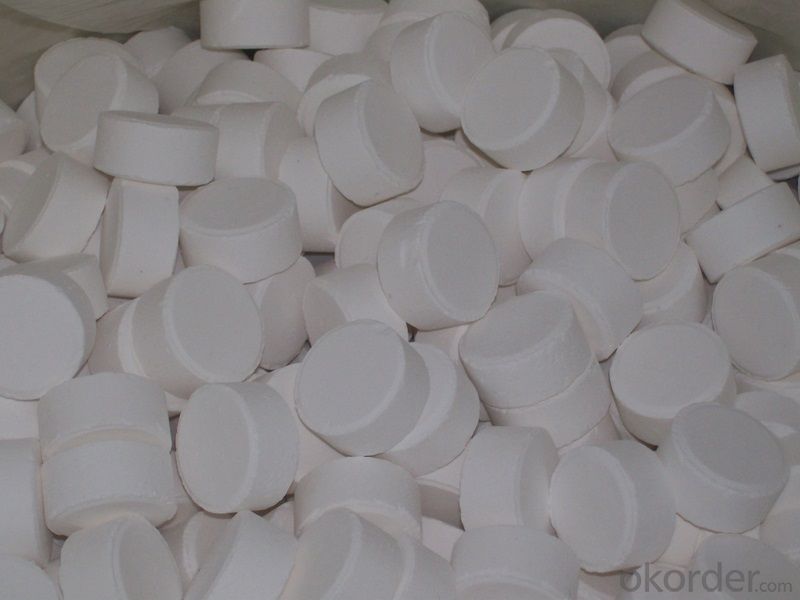
- Q: anybody here knows the difference of organic iron salt (ex. F.gluconate) vs inorganic (ex. F.sulfate)?
- It it's organic, then the anion (the negative ion) is the conjugate base of an organic acid. If it's inorganic, then the original acid was inorganic (like H2SO4 making sulphates).
- Q: Inorganic salts play an important role in maintaining the life activities of living organisms. It is mainly in the form of living organisms.
- Inorganic salts are mineral nutrients present in the body and in the food. Most inorganic salts in the cells are present in the form of ions, consisting of organic matter and inorganic compounds.
- Q: Are there any differences between minerals and inorganic salts?
- There are differences, some minerals exist in organic matter, and some minerals are inorganic salts. Inorganic salts are inorganic.
- Q: Seaweed, kelp, shrimp and other seafood, the content is more of the kind of inorganic salts
- Iodine is an important material for the synthesis of thyroid hormones, the body long-term iodine deficiency will affect the thyroid hormone synthesis and thyroid development, will be endemic goiter, that is, big neck disease. Kelp, seaweed and other marine algae are rich in iodine, so eat kelp, seaweed and other iodine-rich foods can prevent big neck disease
- Q: Does the lack of inorganic salts cause convulsions?
- The lack of important substances in the salt body is indeed the use of salt to protect the health of important substances than the calcium and phosphorus main body bone calcium blood coagulation muscle contraction and nerve cell regulation very important phosphorus calcium with the same function of food are preserved phosphorus body lack of calcium muscle spasms Can be rash dyspnea gastrointestinal paralysis and other body no phosphorus calcium calcium phosphate can be used to make bone calcium and phosphorus with a reasonable reason to play its role in the use of salt my body's non-essential body about 50 grams of salt according to 0 --- 2 5 grams To follow the excreta outside the body need to be added or otherwise the body of the production capacity of the body is extremely lack of salt can be fainting disease to speed up or even cause muscle weakness in the iron content and its role is not important in vivo iron deficiency anemia and other iron deficiency
- Q: ATP components are not inorganic salts
- ATP components are not inorganic salts
- Q: Calcium is not an inorganic salt
- Calcium salt is determined whether it is inorganic salt depends on its acid, if it is organic acid synthesis of calcium salt is organic salt, if it is inorganic acid synthesis of calcium salt is inorganic salt. The main basis for determining the inorganic salts is whether or not organic reactants are involved in the formation process.
- Q: What is the difference between organic salt and inorganic salt?
- one is organic while the other is inorganic
- Q: A. food gathering and digestion B. photosynthesis and diatom structures C. reproduction and osmosis D. wave and current motions
- its not a so try b or c those 2 are the most likely to be the right answers
- Q: would heterotrophic organism grow well in inorganic salt media? why or why not?
- No. Heterotrophs get energy from the environment in the form of chemical bonds within organic molecules (such as glucose). An inorganic salt medium would not supply the needed organic molecules. Your heterotroph would starve.
Send your message to us
Calcium Hypochlorite Calcium and Sodium process
- Loading Port:
- Tianjin
- Payment Terms:
- TT OR LC
- Min Order Qty:
- 25 m.t.
- Supply Capability:
- 2000 m.t./month
OKorder Service Pledge
OKorder Financial Service
Similar products
Hot products
Hot Searches
Related keywords
